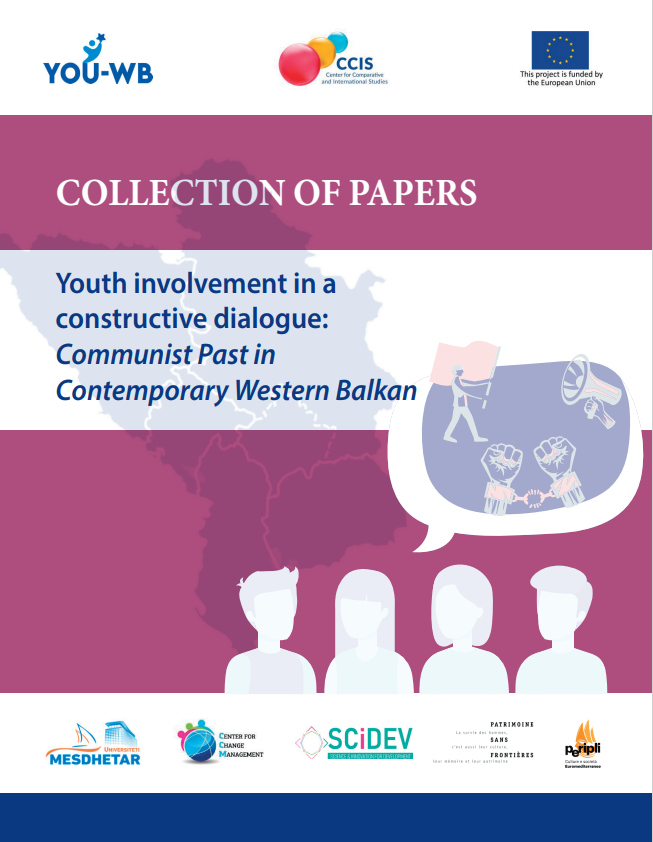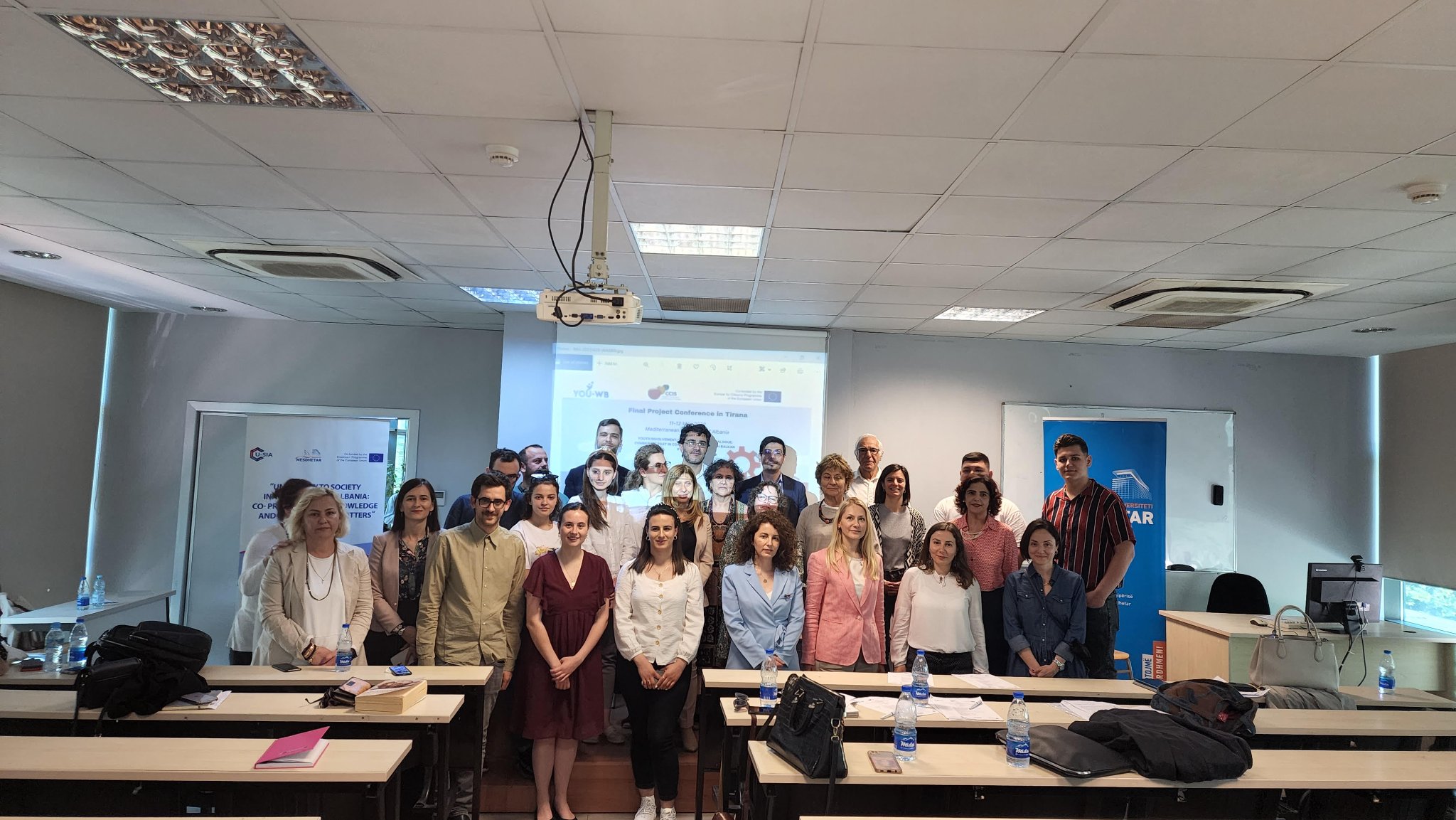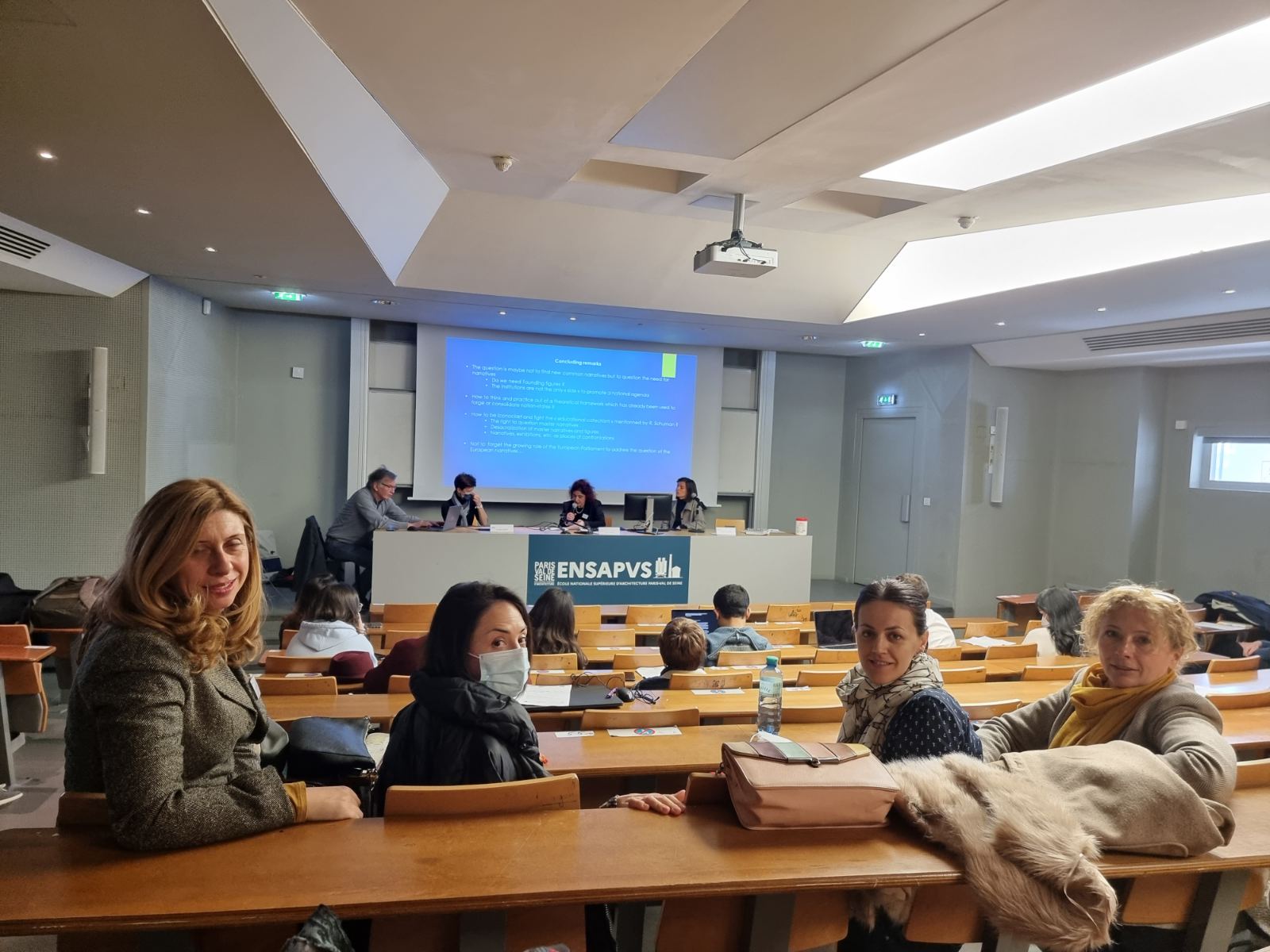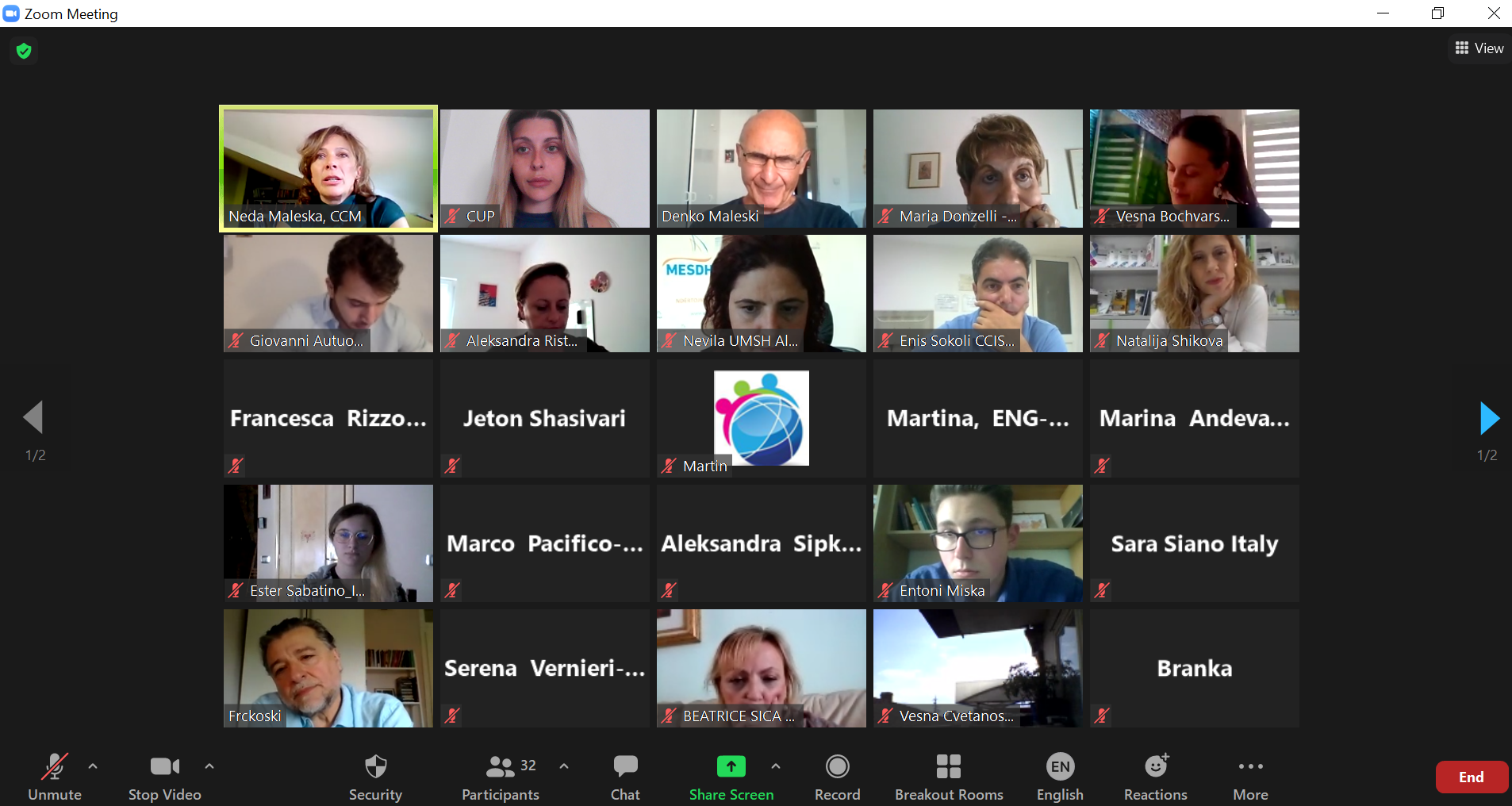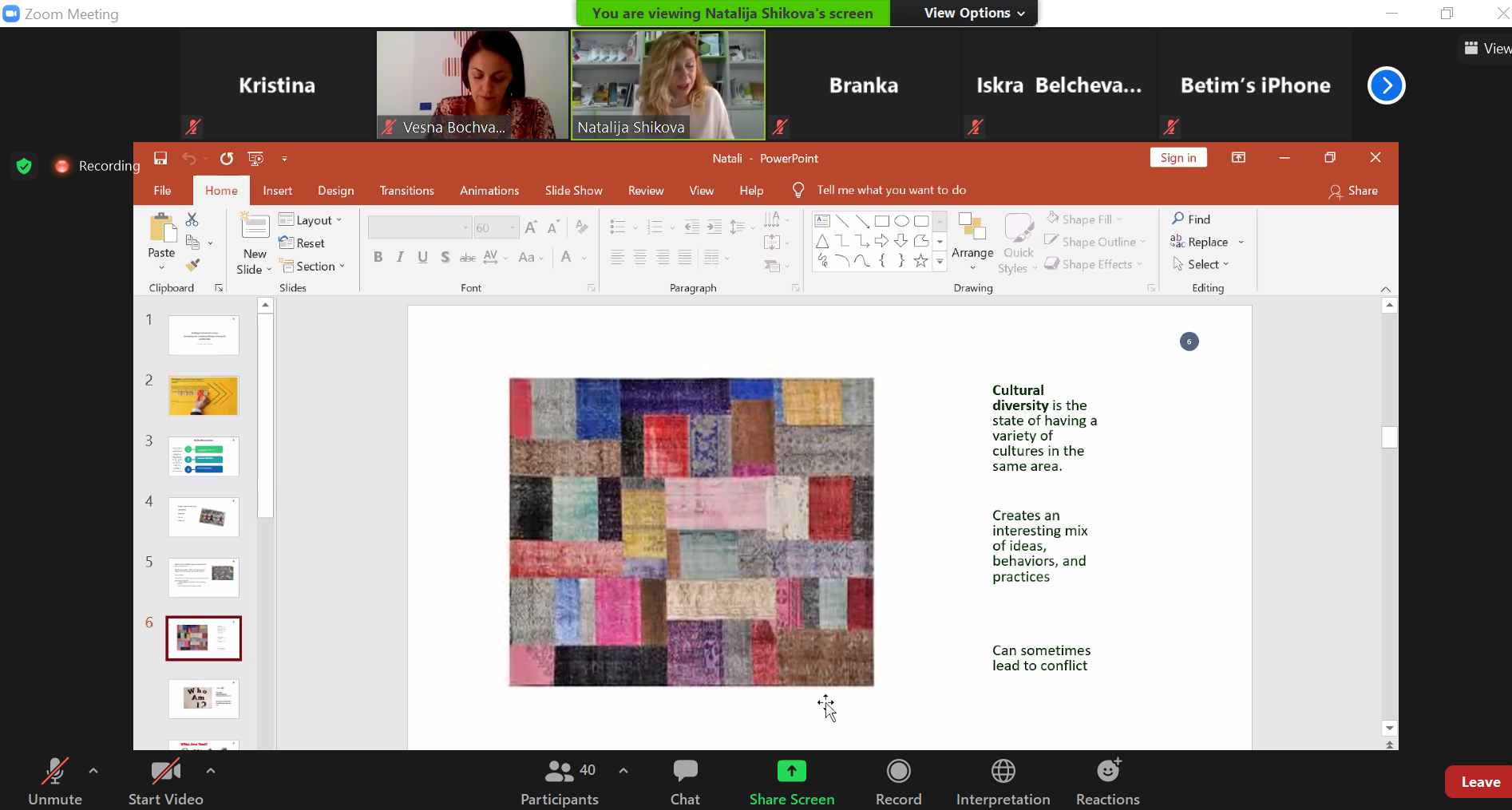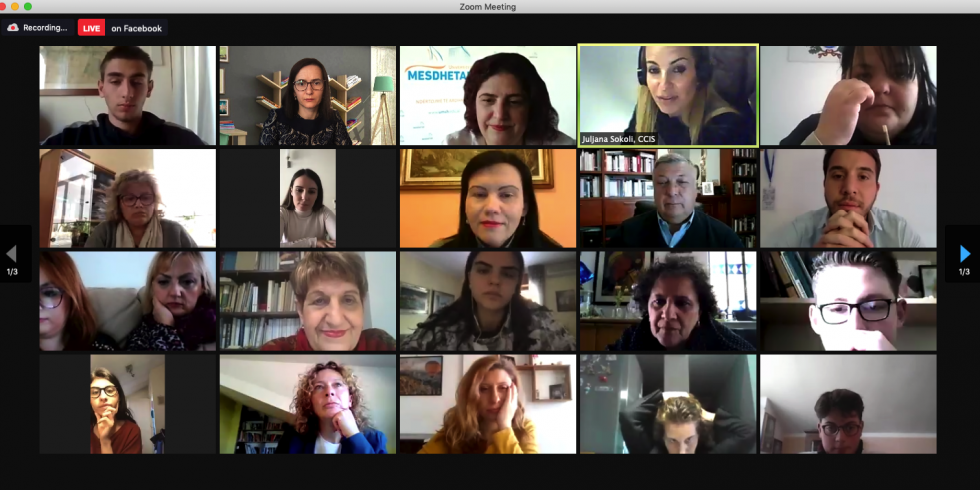Projects
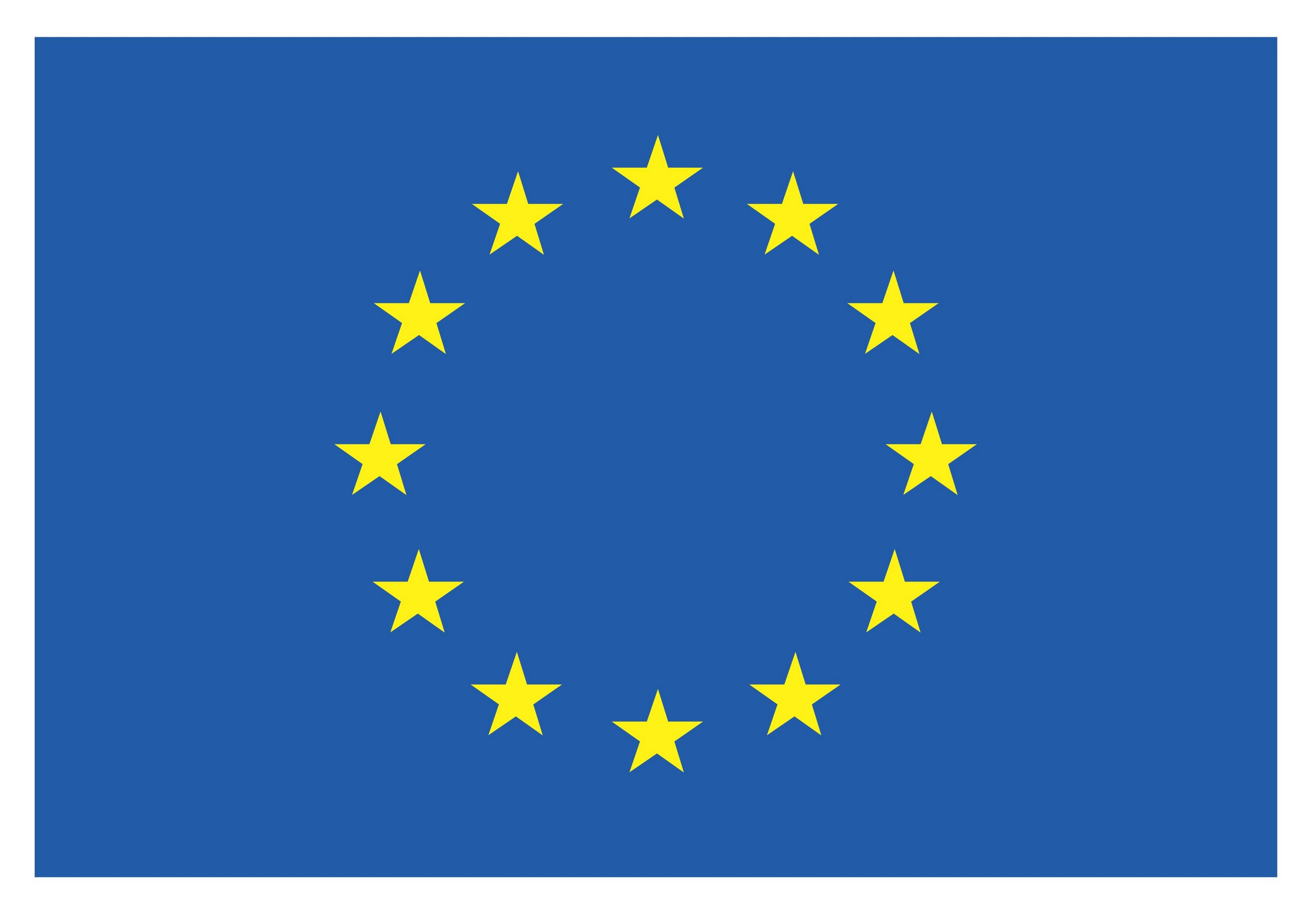
Youth involvement in a constructive dialogue: Communist Past in Contemporary Western Balkan (YOU-WB)
The project Youth involvement in a constructive dialogue: Communist Past in Contemporary Western Balkan (YOU-WB) is a project funded by Europe for Citizens Program, European Remembrance.
It involves students, practitioners, and academicians from Albania, Macedonia, France, and Italy and aims is to foster national and transnational youth activist's dialogue about the reflection of past communist regimes in contemporary Western Balkan (WB).
The project activities are envisaging different thematic 4 workshops in 4 different countries tackling the topics that reflect the past communist regime (such as rules, norms, rights, practices, and customs); the national Identities and collective memory in an enlarged Europe; political culture and social changes in post-communist transition, finalizing with the conference that will focus on the Post-Communism and Democracy in WB.
The project is a partnership among Center for Comparative and International Study (project leader) CCIS; Mesdheu Center (MC) Qendra SHKENCE DHE INOVACION PER ZHVILLIM (SCiDEV) (from Albania); Center for Change Management (from North Macedonia); Patrimoine sans Frontières (PSF) (France) and PERIPLI - Culture e Società Euromediterranee (Italy)
Period 01.02.2021 - 01.07.2022
Donor: Europe for Citizens Program
Project beneficiary: Students, practitioners, and academicians from Albania, Macedonia, France, and Italy
Main goal:
To foster national and transnational youth activist's dialogue about the reflection of past communist regimes in contemporary Western Balkan (WB).
Expected results:
- Creating space for dialogue and reflection through remembrance of European values
- Better youth understanding about civic participation in post-communist Western Balkans
- Reflection in the past that encourages youth discussion in the contemporary WB countries
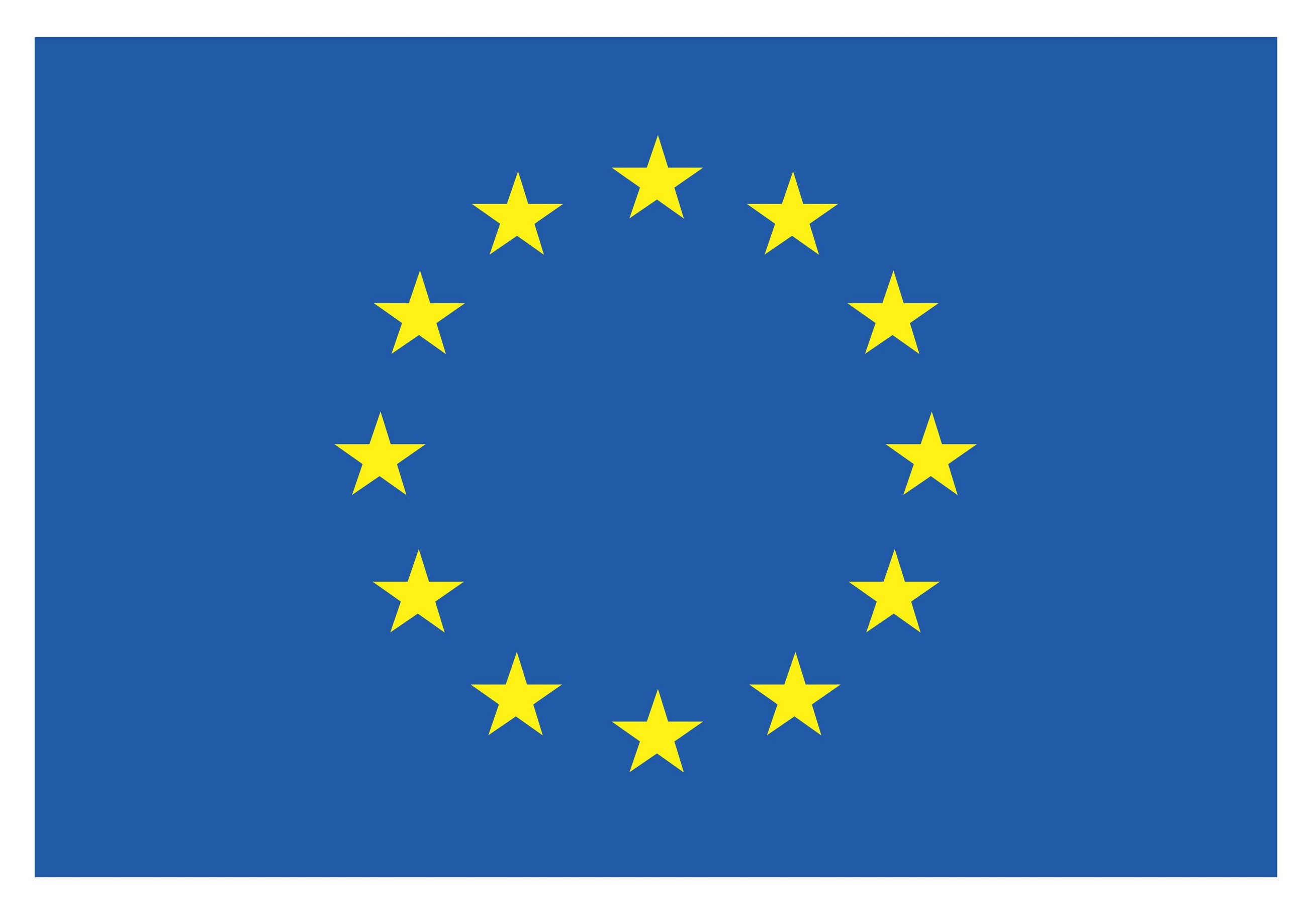
This project is funded by Europe for Citizens Program, European Remembrance
Project gallery
Final Conference of the Project "Involving Youth in Constructive Dialogue: The Communist Past in the Contemporary Western Balkans"
SECOND WORKSHOP FOR YOUTH INVOLVEMENT IN A CONSTRUCTIVE DIALOGUE: COMMUNIST PAST IN CONTEMPORARY WESTERN BALKAN IN SKOPJE DAY 1
Video
YOUTH INVOLVEMENT IN A CONSTRUCTIVE DIALOGUE: COMMUNIST PAST IN CONTEMPORARY WESTERN BALKAN (YOU-WB)
The project Youth involvement in a constructive dialogue: Communist Past in Contemporary Western Balkan
(YOU-WB) suggests deepening the work in education and raising awareness of the younger generation, opening a debate through an analysis of the causes and consequences of dictatorial regimes, honoring victims and above all, transparency in crimes committed against humanity by communist and other dictatorial regimes.
YOUTH INVOLVEMENT IN A CONSTRUCTIVE DIALOGUE: COMMUNIST PAST IN CONTEMPORARY WESTERN BALKAN (YOU-WB)
The transition from communism to post-communism in countries like Albania and North Macedonia has been determined and strongly influenced not only by the collapse of ideologies and by the changes in the international political scene after 1989, but also by the profound changes that effected the customs, lifestyles, and collective mentality in EU. The impunity of the crimes of the communist regime continues to be a serious wound for these societies even 30 years after the fall of the dictatorship and yet it has not established a substantial division from the communist past. In that regard, there can be no reconciliation and peace without historical memory.
